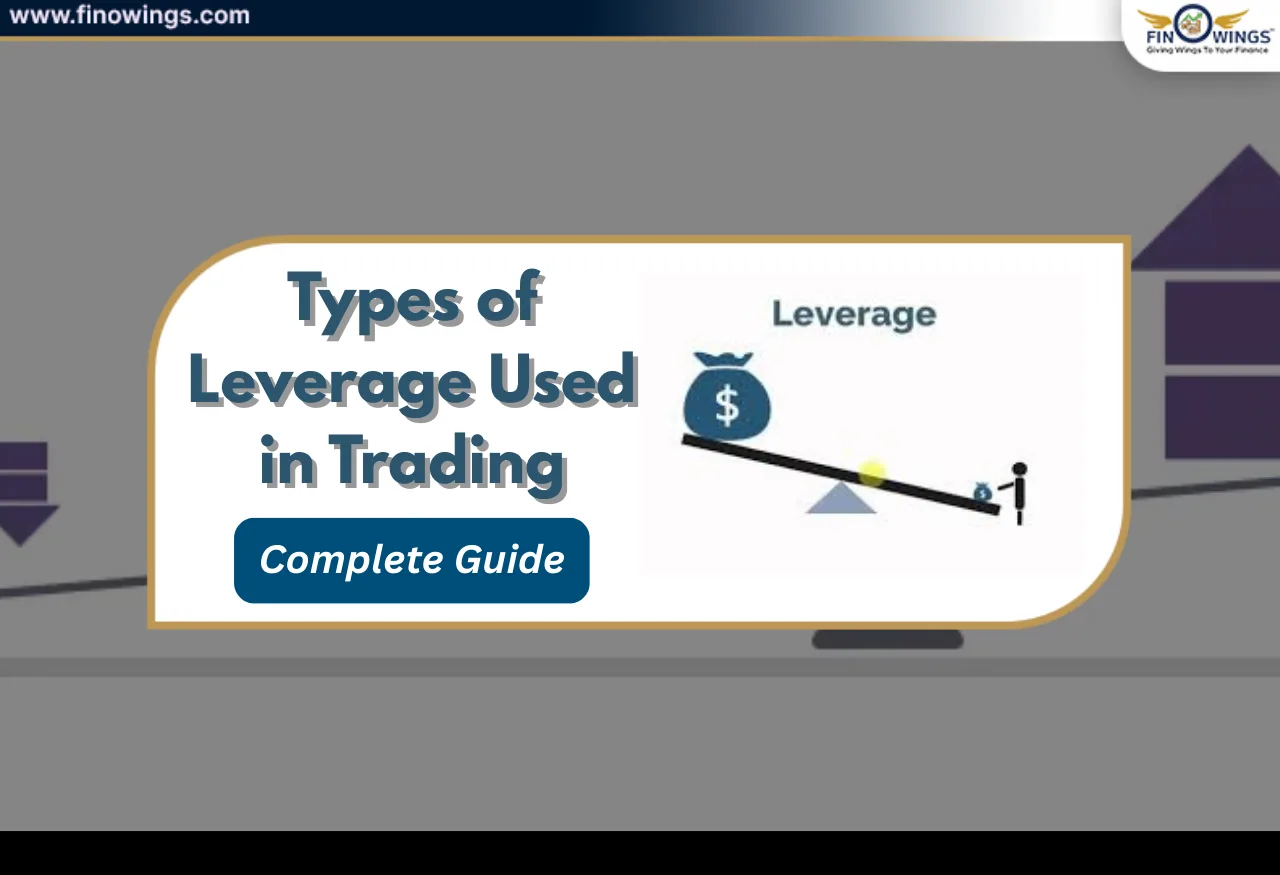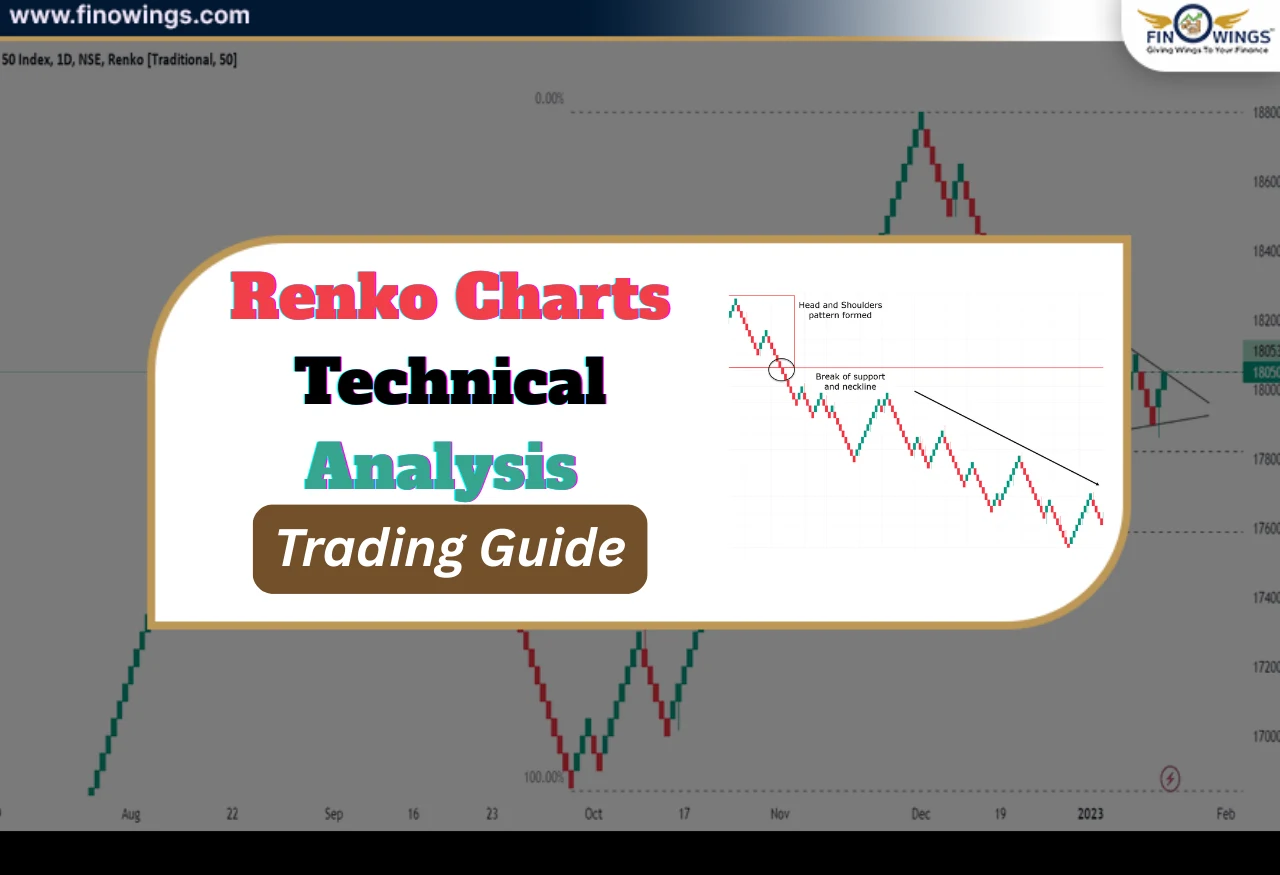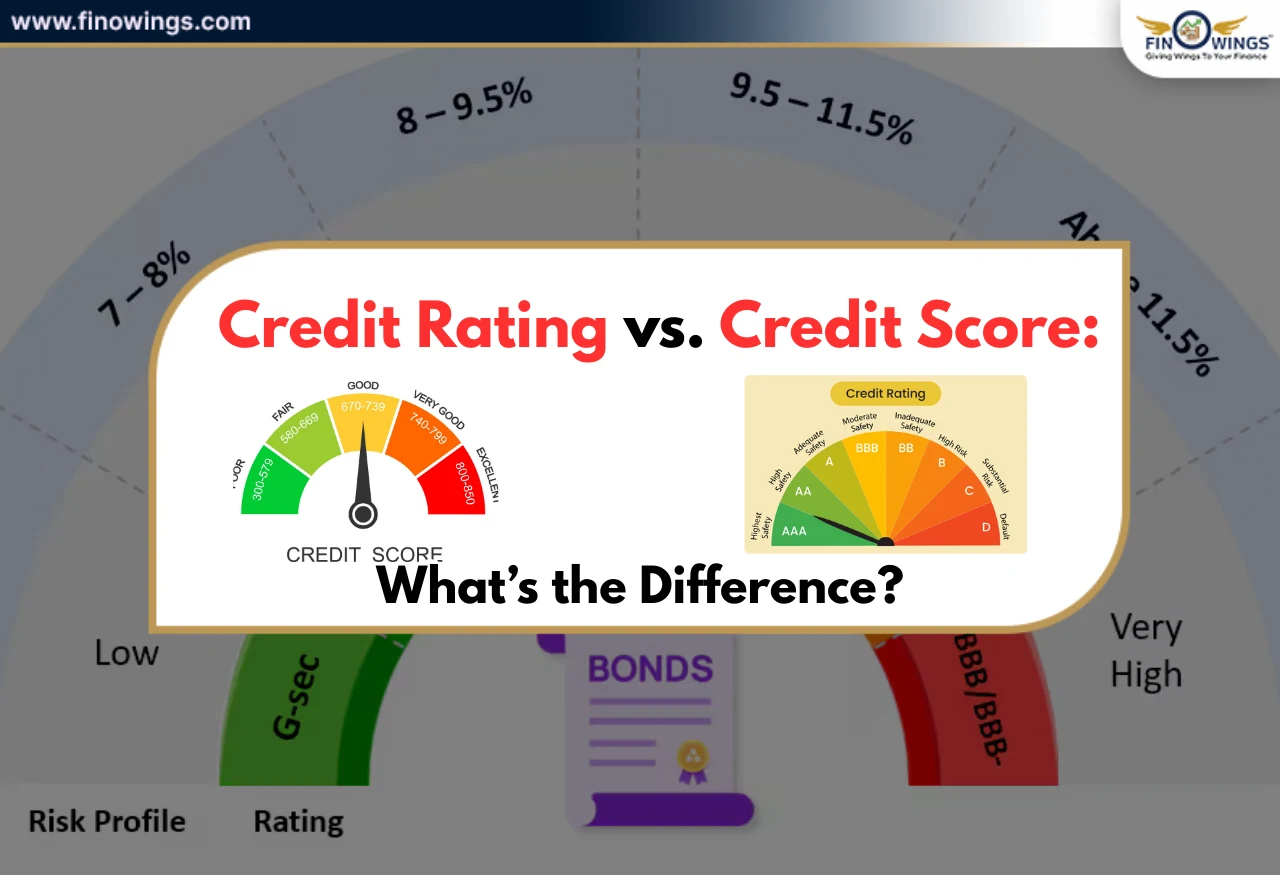Home >> Blog >> Knowledge-Economy - Overview, Characteristics, Example, and Why You Should Care?
Knowledge-Economy - Overview, Characteristics, Example, and Why You Should Care?

Table of Contents
Overview
In the knowledge economy, the idea of information is crucial. Knowing a topic is the definition of knowledge. It can be discovered in knowledge or talents. An economy that values knowledge, rewards intelligence, and values knowledge and intellectual property as a commodity are known as a knowledge economy. The mainstay of this innovatively oriented economy is study and advancement. Expertise-intensive tasks, or those requiring a high level of knowledge to execute, are amplified by the system. These kinds of tasks include bookkeeping, research, and banking.
Among the most advanced economies are knowledge economies. This kind of economy reflects the unmatched progress made by human society. Society has developed to the point where the basis of everyday life is something like knowledge. Knowledge economies, which are the most advanced, are most prevalent in first-world countries like the US, China, and the UK.
Countries are shifting away from industrialized agricultural industries to complex informational systems conforming to societal trends. The comparison between developed and underdeveloped countries makes this evolution clear. While underdeveloped nations largely depend on their primary sectors to maintain their economies, many developed countries know most of their income is in tertiary industries. Knowledge economies typically have a service-based economy and are connected to the idea of futurism, which is the study of the future and how society will be.
Peter Drucker, a well-known corporate management expert, first promoted the phrase "knowledge economy" in his 1966 book "The Productive Executive" and later in his 1969 book "The Age of Discontinuity." With his emphasis on knowledge/skills, data processing, quantifiable performance, and strategic administration by goals, Drucker was much ahead of his time (MBO).
1. Characteristics of a Knowledge Economy
Characteristics of knowledge economy traits describe how these economies' structures are built on substantial information systems. A developed innovation system and an institutional environment that promotes incentives are built on these information systems. Organizations play a significant role in the knowledge economy's advancement in data. Focusing on human capital, stressing the value of skills in a service economy, expanding knowledge-intensive industries, and emphasizing efficiency and innovation are all traits of a strong knowledge economy.
-
Capital: Because people are the primary consumers and producers of knowledge in all economies, knowledge economies place a premium on human capital.
-
Skills: Given the intimate linkages between this form of economy and service economies, cognitive skills are crucial for advancement.
-
Growth: Knowledge-intensive service industries like accountancy, education, and communications are where expansion is most prevalent. The emphasis reflects how important education in knowledge economies' educational institutions are.
-
Technology: Given the close relationship between technology and information, knowledge economies prioritize investments in technical efficiency.
2. The Benefits of the Knowledge Economy
The benefits of a knowledge economy for developing the economy as a cutting-edge system. There are many benefits to this development, including increasing technology, an emphasis on innovation, greater worker autonomy, and an emphasis on problem-solving:
-
Technology: As a result of knowledge, technology tends to advance at extraordinary rates.
-
Innovation: Technology and knowledge combined to create a platform for significant innovation to flourish.
-
Autonomy: Employees that are better educated by nature can function more independently.
-
Problem-Solving: People with more education also have better cognitive skills, which makes it easier for them to solve complex challenges.
3. Knowledge Economy and Human Capital
The knowledge economy focuses on how learning and knowledge, or "human capital," can be used as a valuable asset or business object which can be sold and transferred to create profits for people, firms, and the overall economy.
Rather than relying on physical labour or natural resources, this economic sector heavily depends on intellectual capacity. The knowledge economy promotes innovation throughout the economy by advancing technological and scientific sectors with goods and services built on intellectual skills.
4. The Knowledge Economy's Four Pillars
Four pillars of knowledge economy essential prerequisites that a nation must meet before it can fully participate in the knowledge economy are as follows:
4.1 Education & training
Education and training produce, disseminate, and use information; hence, an educated and skilled populace is required.
4.2 Infrastructure for Information
Efficient communication, diffusion, and data analysis require a dynamic information network, ranging from radio to the internet.
4.3 Institutional and Economic Regime
The knowledge economy depends on a legislative and financial environment that promotes entrepreneurship, stimulates investment in information and communications technology (ICT), and permits the free flow of knowledge.
4.4 Innovation Systems
To draw upon the expanding body of global knowledge, absorb it and adapt it to local requirements, and produce new information, a network of research organizations, universities, think tanks, private businesses, and community organizations is required.
5. A knowledge economy example
Example of knowledge economy includes:
-
An education system.
-
Businesses that conduct research and development (R&D).
-
Developers who create new software and data search engines.
-
Medical professionals who use electronic information to enhance treatments.
These economy brokers disseminate the findings of their studies to professionals in more conventional fields, including farmers who use software programs and technology services to manage their crops better, medical professionals working in cutting-edge technologically based processes like robot-assisted surgeries, or educators who offer students online courses and virtual study aids.
6. Problems Created by the New Economy
There are difficulties in switching from an industrial economy to a knowledge economy. Several workers today lack the necessary skill sets to operate and be as effective as possible in a knowledge economy.
-
Businesses must create more comprehensive on-the-job training courses and assist staff members in pursuing more education and training outside of the office, such as paying workers to take university courses or pick up new skills to ease the transition.
-
Universities should also be aware of the most in-demand skills to provide students with the most outstanding education. Schools could, for instance, offer and place a focus on expanding STEM career preparation programs.
Conclusion
The knowledge economy is centred on the critical role that human capital plays in the economic system of the twenty-first century. The advanced world's economy is shifting due to the quickening pace of knowledge advancement and an increasing reliance on automated processes, big data analytics, and computerization. This shift emphasizes intellectual capital and skill development while decreasing dependence on the production procedure.
Author
Frequently Asked Questions
The Age of Discontinuity, written by the founder of modern management, Peter F. Drucker, made the idea more widely known (1969). Knowledgeable employees dominate the knowledge-based paradigm. Innovations, technical development, scientific achievements, and improvements in research activities are the main determinants of an economy's capacity to maintain itself.
Sweden tops the list of maintaining a knowledge-based model according to the knowledge economy index 2020, a method for comparing a nation's position in the global knowledge-based model to other nations. Other top-ranked nations on the list include Scandinavian nations like Denmark, Norway, Finland, and others.
Intellectual capital, information technology resources, financial resources, and innovation clusters promoting innovation culture are crucial components of the knowledge-based economic model. Additionally, the government should promote high-quality educational infrastructure and policies to foster an environment favourable to intellectual capital.
The value of a knowledge-based economy allows for product customization and innovation. A bigger role for human resources. Employers must find and keep workers suited to the new economic model. Collaborative networks can help improve knowledge dissemination and profit from innovative working methods.
The broad term "knowledge economy" encompasses various endeavours and perspectives. This category includes at least three research subfields. The earliest method, with roots in the early 1960s, concentrates on developing new science-based businesses and their significance in social and economic change.
















